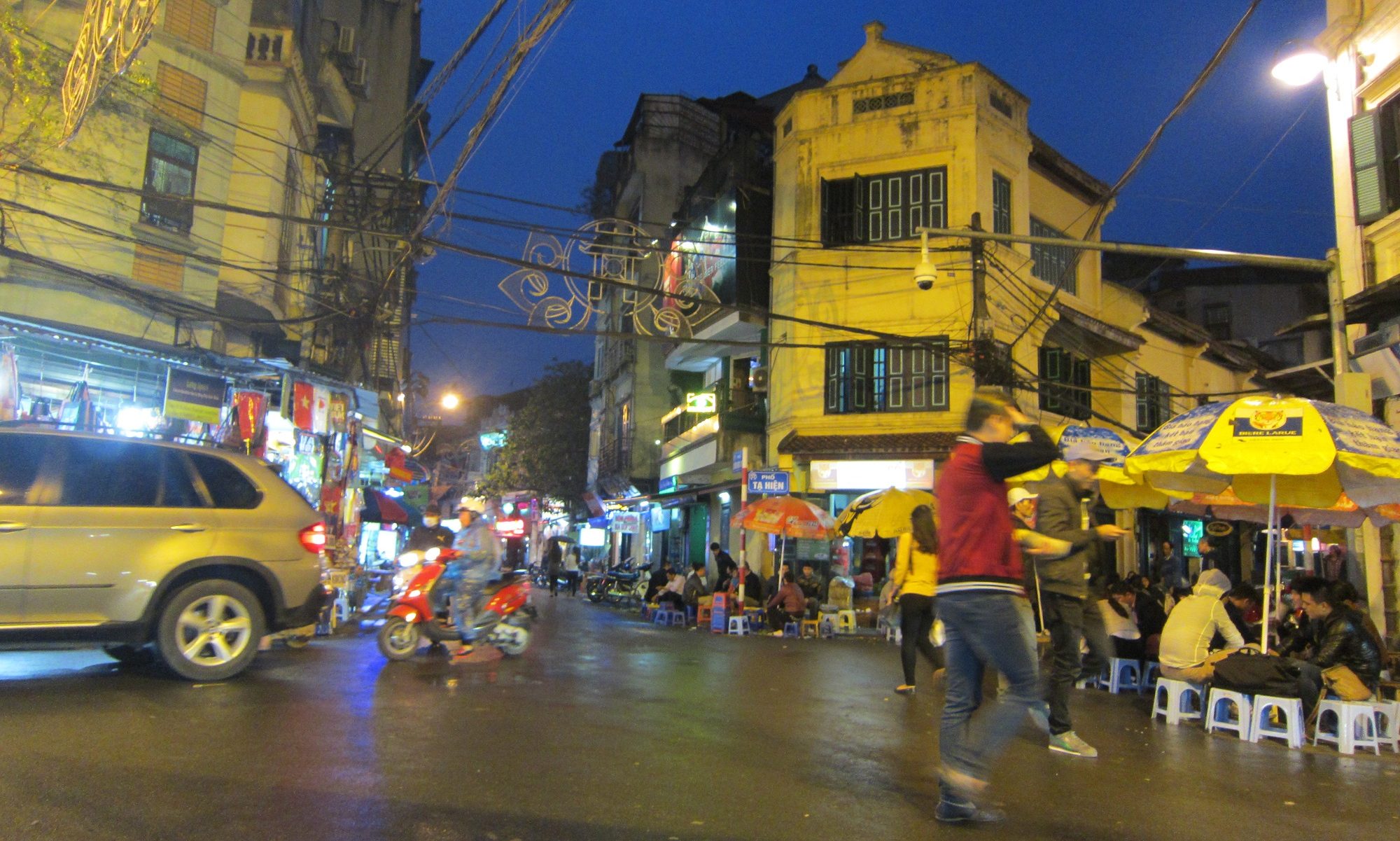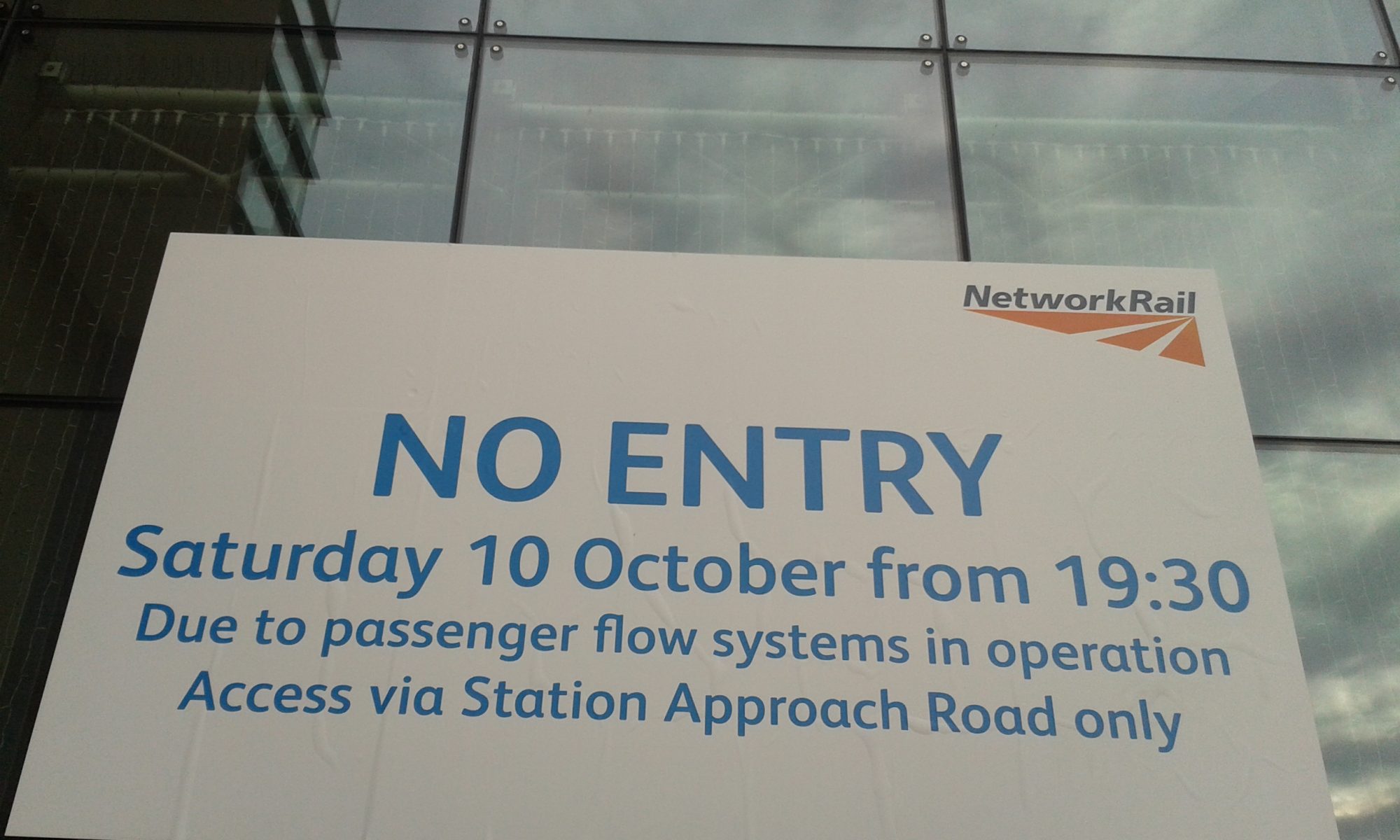This page describes a rail ontology, which focusses on traveller information and onward modes. The research was funded by RRUKA.
The ambition of this research was to explore ways of making more pertinent and relevant the delivery of information to travellers. Various types of information are provided at different stages of planning and travel; here we focused on how information can be made more relevant and meaningful during times of disruption. Current solutions involve the broadcast and display of information from a mix of formal sources (provided by network rail and service providers); in parallel travellers share informal observations through social media or word of mouth. Travellers are far from homogenous however, and disruptions are very uneven in their duration and impact. Ideally information needs to be tailored to take account of different strategies amongst travellers and in response to changing opportunities and alternative arrangements. We now have the ability to model travellers based on their digital footprint of activities. Therefore it appears reasonable to assume that generic information can be replaced by individualised snippets of information tailored to help the traveller with his or her decision making throughout the journey.
The full report is available from the SPARK website.





